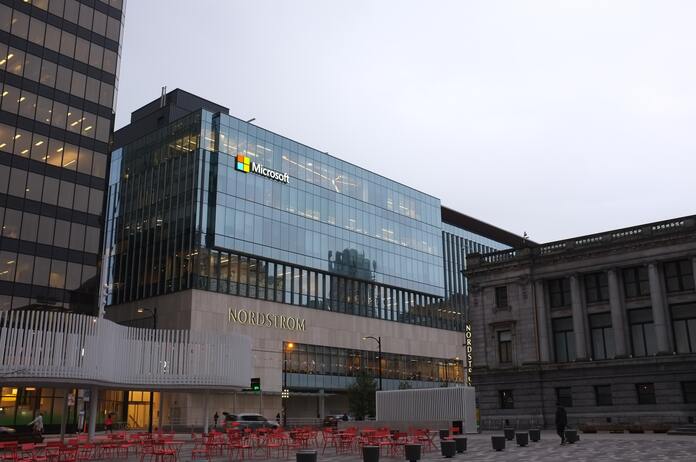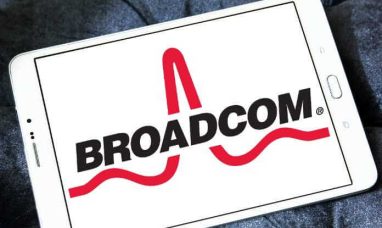Microsoft (NASDAQ:MSFT) has entered the custom AI chip arena with the introduction of its first AI chip, the Maia 100. Revealed at the Ignite conference, this chip marks the initiation of Microsoft’s Azure Maia AI accelerator series. In addition to the Maia 100, the tech giant also presented its inaugural custom Arm-based Azure Cobalt central processing unit (CPU) designed for general-purpose cloud computing.
This move brings Microsoft in line with competitors Google (NASDAQ:) and Amazon (NASDAQ:AMZN), both of which have developed their own custom chips for their respective cloud platforms. The Maia 100 is intended for cloud-based training and inferencing of AI models, emphasizing Microsoft’s commitment to optimizing hardware and software together for enhanced performance and efficiency.
Rani Borkar, Corporate Vice President for Azure hardware systems and infrastructure at Microsoft, highlighted the company’s focus on co-designing and optimizing hardware and software. The goal is to achieve synergies that go beyond the sum of individual parts, leveraging visibility into the entire stack to deliver superior outcomes. By utilizing its own custom silicon, Microsoft aims to offer significant gains in both performance and efficiency.
The rationale behind this approach is straightforward: Microsoft software is expected to perform better on Microsoft-designed chips, given the ability to tailor both hardware and software for optimal compatibility. This strategy aligns with industry practices, such as Nvidia providing its own AI software alongside AI chips and Apple developing its chips for iPhones and Macs to control both hardware and software for improved user experiences.
Microsoft collaborated with OpenAI, the developer of ChatGPT, to test the Maia 100 accelerator, with plans to leverage these insights for future chip development. OpenAI CEO Sam Altman expressed enthusiasm about the collaboration, citing the optimization of Azure’s end-to-end AI architecture down to the silicon level with Maia, enabling the training of more capable and cost-effective models.
In addition to chip development, Microsoft detailed advancements in server board and rack design to accommodate these new chips. The company introduced a special cooling feature called a sidekick, utilizing liquid cooling to enhance heat dissipation and reduce power usage in AI servers. The Azure Cobalt chip, meanwhile, boasts a 40% performance boost over the current generation of Arm-based Azure chips.
While Microsoft is introducing its own chips, it is not abandoning partnerships with other chip manufacturers. The company continues to offer cloud computing capabilities with Nvidia’s H100 chip and will incorporate access to the newly announced H200 chip. Additionally, Microsoft plans to provide access to AMD’s MI300 chip starting next year.
Featured Image: Unsplash















